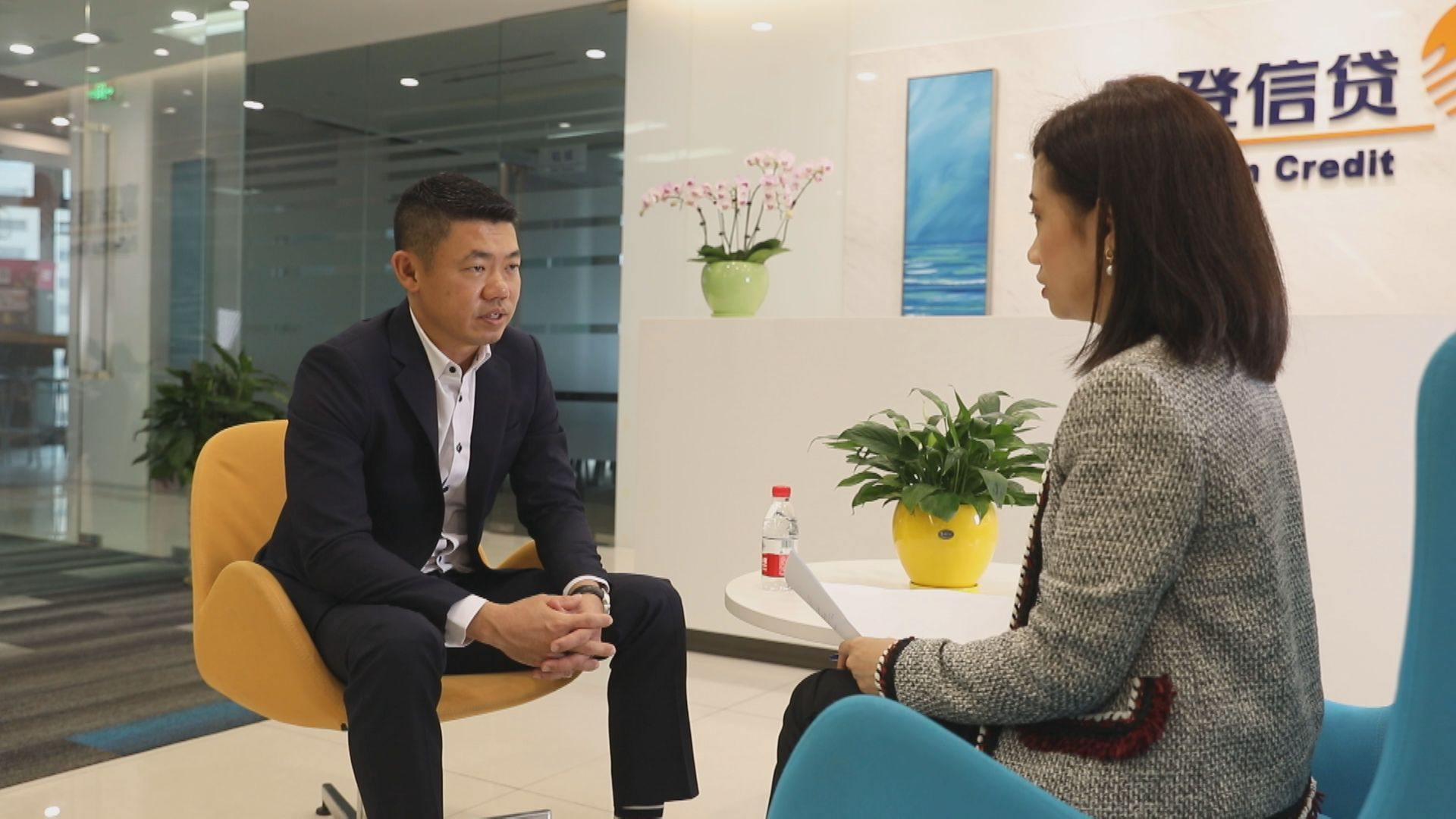
Money Stories
15:22, 19-Apr-2019
Fullerton Credit: Leverage cap for selected MFIs can be lifted
Updated
11:22, 20-Apr-2019
Wei Lynn Tang, Li Yang
03:43

Much has been reported about the
disproportion between the contributions of small and micro-sized
companies to China's economic growth and their access to financial support.
Various official statistics
showed loans given out to the subsector made up more than 30 percent of
financial institutions' books, despite their 60 percent contribution to the country's
GDP.
Against this backdrop, Fullerton
Credit, a foreign
lender operating in China for 10 years, has called for the expansion of credit to be extended to the micro lending ecosystem.
"There should also be the consideration to see whether the leverage cap can be lifted for micro-finance institutions (MFIs) that are
well-governed. At about 2.5 times now, it certainly restricts the amount of
loans MFIs can give out to small and micro enterprises," Fullerton CEO Mark Lim
told CGTN.
Lim pointed out the disparity
between the leverage
cap for consumer finance companies – at 10 times which is four times more that
of MFIs. "It could be a balance in
between," he said.
"Additionally, funding
sources for these MFIs could also be widened to allow more support
[for us]
to do more loans to small and micro enterprises."

Mark Lim (L), CEO of Fullerton Credit Services Group, speaks with a CGTN reporter. /CGTN Photo
Mark Lim (L), CEO of Fullerton Credit Services Group, speaks with a CGTN reporter. /CGTN Photo
Fullerton Credit is funded by its parent company Fullerton Financial Holdings (FFH) and banks. FFH is wholly owned by the Singapore government-owned Temasek Holdings.
Headquartered in Chengdu, Sichuan Province, Fullerton Credit has been serving China's self-employed mass market since January 2009. "It's part of our parent company's agenda to do SME financing in emerging markets," Lim said.
For the financial year ended December 31, 2018 (FYE 2018), it raked in a net income of 81 million yuan, with a return on equity (ROE) of 4.6 percent – an improvement from a net profit of 29.7 million yuan and ROE of 1.8 percent in FYE 2017.

A farm stay business in Dujiangyan, just two hours away from Chengdu city, said it was almost impossible to get a bank loan due to the lack of collateral. /CGTN Photo
A farm stay business in Dujiangyan, just two hours away from Chengdu city, said it was almost impossible to get a bank loan due to the lack of collateral. /CGTN Photo
Lim said China remains a critical market for Fullerton Credit, and that it is determined to compete long-term in the country.
"China is a very huge market if you're able to get a certain share of it, no matter how small, it's already fairly significant," he said.
"We also need to innovate. We are investing heavily in technology as well as have online processes. I still believe that in the business lending space you need to have both online and offline integration in order to do your customer selection in a more creditworthy manner.
"Two, it's a very exciting market, very high up on fintech evolution. I think if we do well we'll be able to benefit from the experience that we learn in China across the other markets that we are currently operating in the world."
Lim cites operating viability as one of the biggest hindrances for small enterprises to get loans. That, and the availability and accessibility of borrowers' information.
"I think the [Chinese] government is also doing a lot in this area to try to encourage borrowers to maintain a good lending credit bureau record so that would allow them to get more loans in the future. I think that's a very important development if small and micro-financing were to be further supported in the future – credit bureaus and availability of information."

SITEMAP
Copyright © 2018 CGTN. Beijing ICP prepared NO.16065310-3
Copyright © 2018 CGTN. Beijing ICP prepared NO.16065310-3